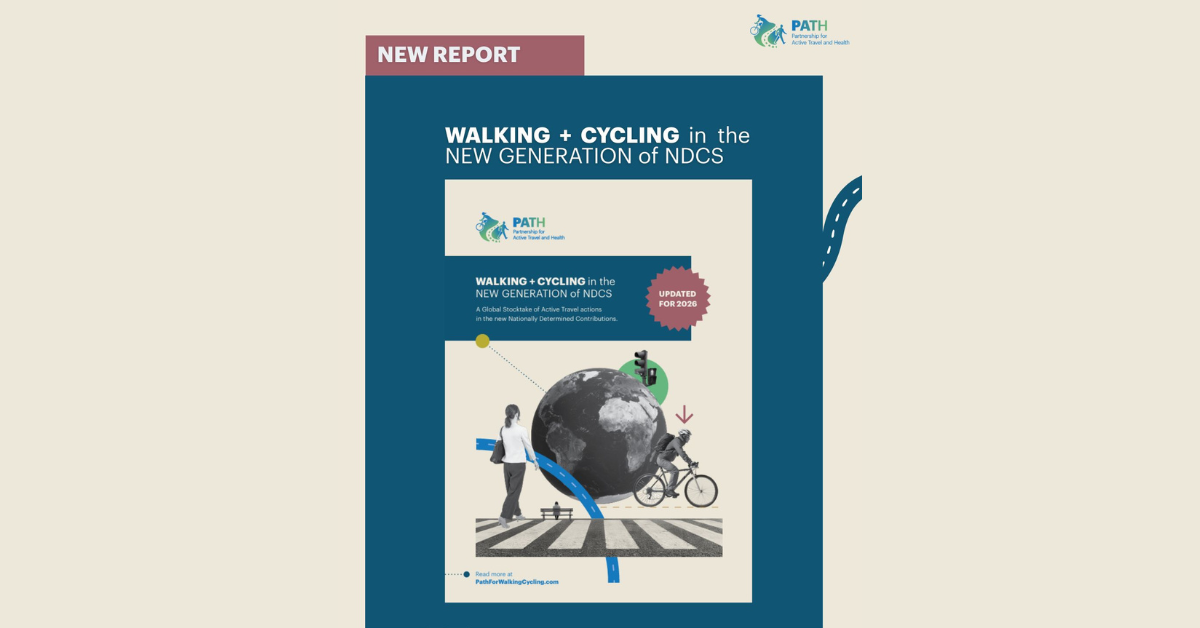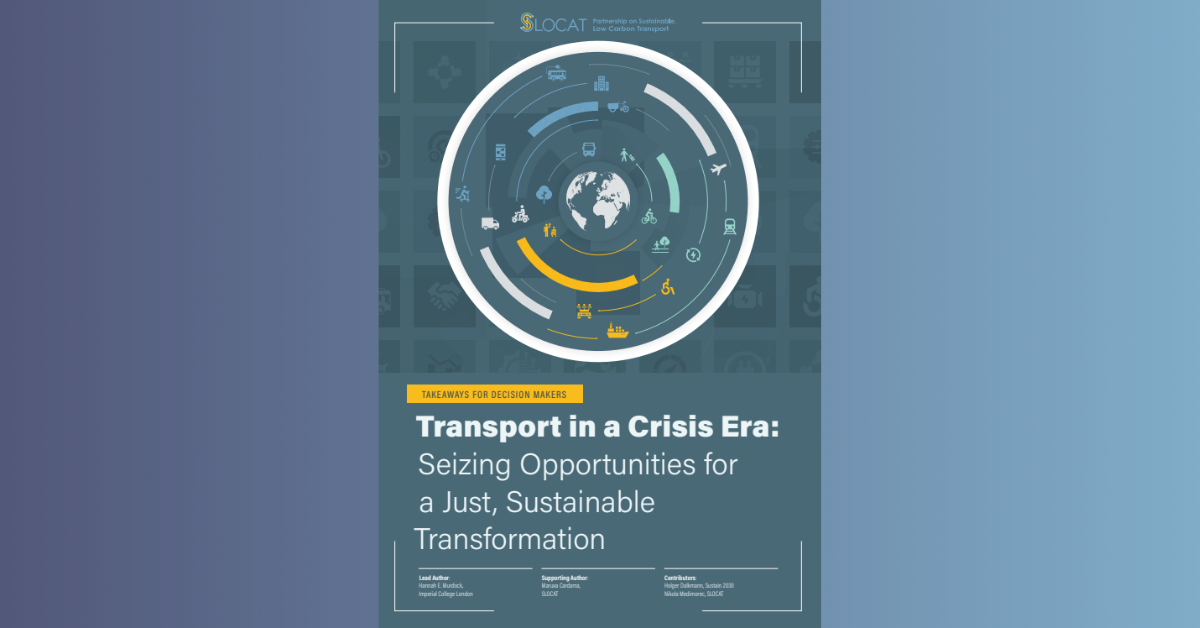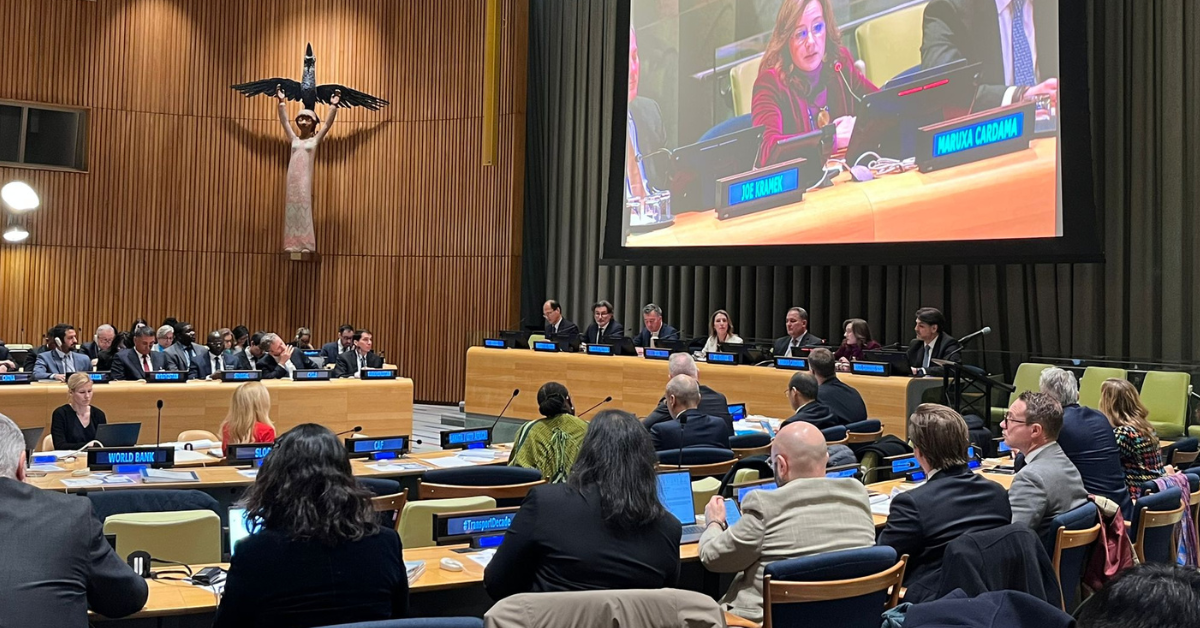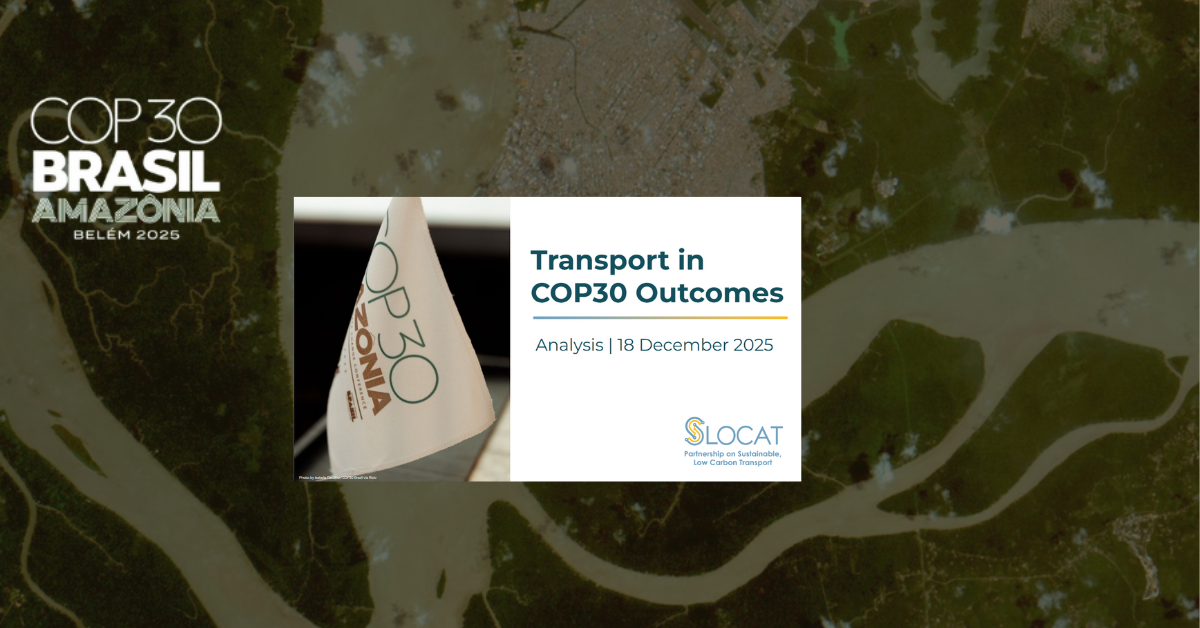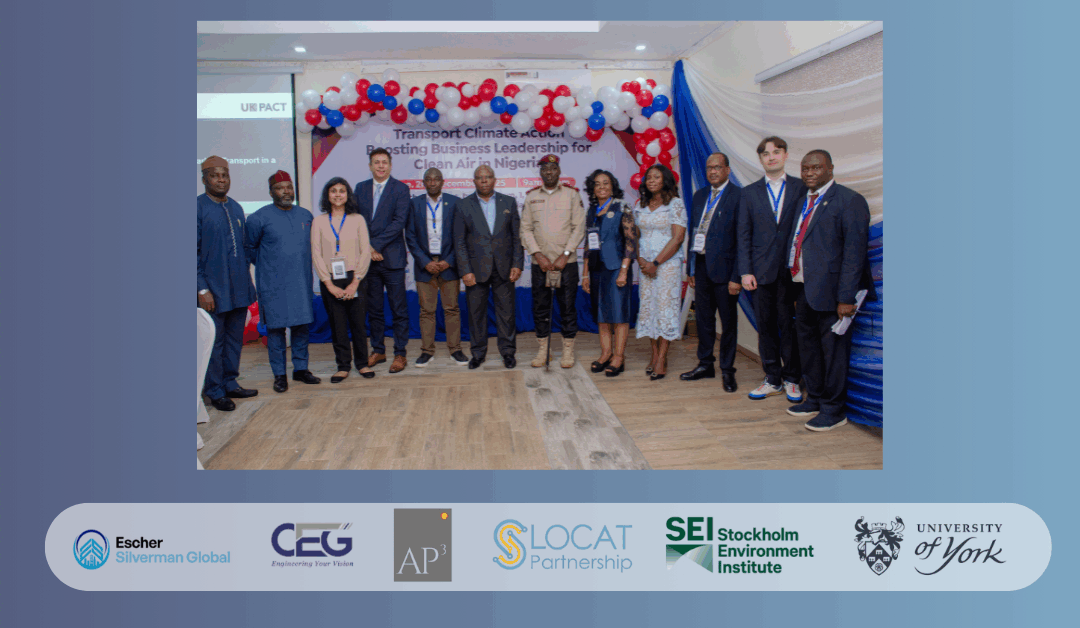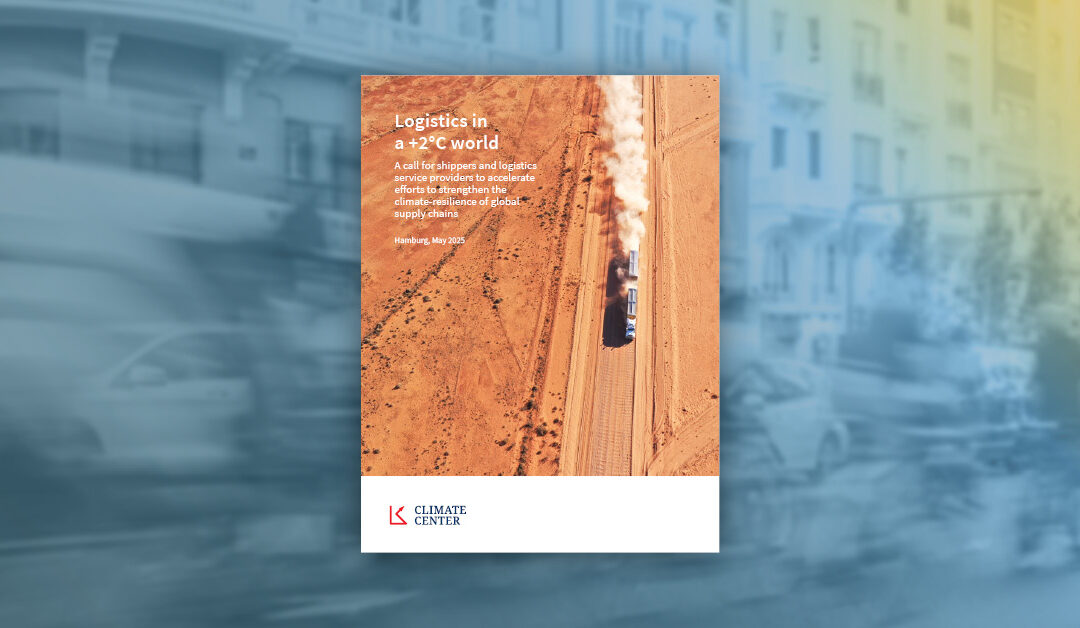UNIDO and its mandate
UNIDO is a specialized agency of the United Nations, mandated to promote inclusive and sustainable industrial development among its member states. Recognizing the importance of sustainable transport as an industry and as a prime-mover for industrial development, UNIDO endeavors to contribute to the UN Secretary General’s call for action in this field.
UNIDO’s Initiatives
UNIDO currently has two medium-sized projects under development within the above strategy, the Energy Efficient Low-carbon Transport in Malaysia, and South Africa, that have recently been sent to the GEF Secretariat for approval and will be funded under the GEF5 funding cycle. These projects focus on stimulating demand for electric vehicles through policy support and awareness-raising, while simultaneously supporting supply through technical assistance to local electric vehicle and component manufacturers.In China, UNIDO has implemented a vehicle efficiency project “Development of mid-term and long-term energy saving strategies for the Chinese automotive industry”, focusing on energy efficient automobiles. A second phase is currently being developed to design low carbon commercialization models for the entire supply chain of advanced-powertrain vehicles, investigate the feasibility of a low carbon transport system, demonstrate the system in a selected district, and disseminate the results to encourage the transformation of the Chinese automotive industry following a low carbon development path.
Some of the other initiatives within UNIDO that contribute towards the goals of sustainable transport include:
- Global Cleantech Program to support innovations on low-carbon technologies
- Implementation of Energy Management System based on ISO 50001, Environmental Management System based on ISO 14001,and Resource Efficiency/Cleaner Production implementation along the transport supply chain
- Development of the automotive sector through supplier development, and business and investment linkages, for better integration into global markets
- Removal of Persistent Organic Pollutants (POPs) and other hazardous wastes from transport and related sectors
- Elimination of Ozone Depleting Substances (ODS) from use as refrigerants in the transport sector (e.g. automotive and rail)
- Implementation of projects under the Climate Technology Centre and Network (CTCN) to promote the wider adoption of low-carbon technologies
Note: While “transport” has been highlighted in some of the above initiatives, the programmes do not necessarily focus on transport only
Publications
The use of biofuel blends in transport vehicles has been promoted at policy level in some developing countries, particularly middle-income countries with rapid urbanization trends and where the transport sector significantly contributes to air pollution and greenhouse gas emissions. To support those countries, and others seeking to embark on projects supporting biofuels, a series of publications supported by UNIDO has been published, in cooperation with the GEF, UNEP, FAO and various research institutions.
- Global Assessments and Guidelines for Sustainable Liquid Biofuel Production in Developing Countries (Executive Summary)
- Biofuels Screening Toolkit: Guidelines for Decision Makers
- Impacts of Biofuel Production (Case Studies: Mozambique, Argentina and Ukraine)
Vienna International Centre
Wagramerstr. 5
P.O. Box 300
A-1400 Vienna
Austria
Tel: +43 (1) 26026-0










